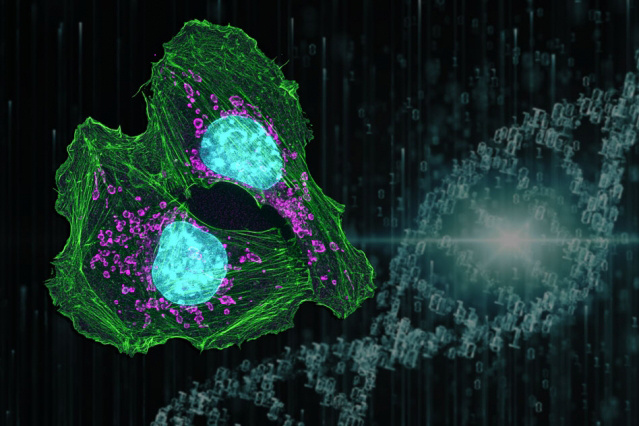
Researchers in the laboratories of KI faculty members Michael Hemann and Graham Walker discovered a compound that may make cancer cells more susceptible to cisplatin and similar cancer therapies on the first and, importantly, subsequent doses. Cisplatin and drugs like it work by severely damaging the DNA of cancer cells, which have often lost one of the more reliable means of DNA repair. The newly-identified compound, known as JH-RE-06, interferes with a key component of translesion synthesis, a less accurate DNA repair pathway that not only helps cells survive chemotherapy, but introduces mutations that might confer resistance to future treatment. The study, appearing in Cell and funded in part by the MIT Center for Precision Cancer Medicine, found that the combination killed many more cells than cisplatin alone and that surviving cells were far less able to generate new mutations.